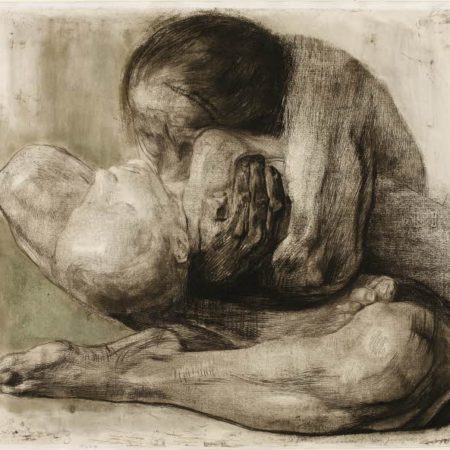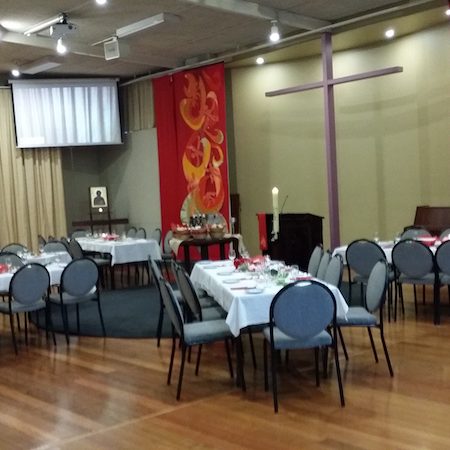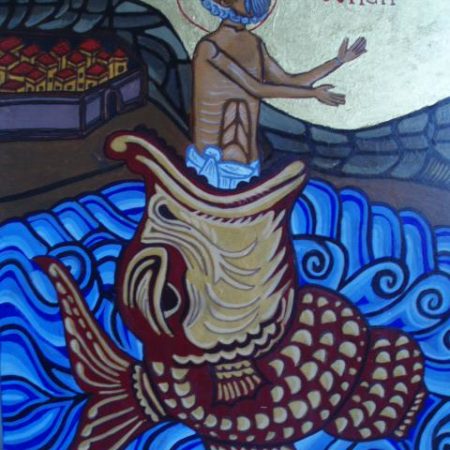Young. Woman. Pregnant. Unmarried. How does Mary the mother of Jesus speak to you today?
Sermons on Compassion
In calling us into the culture of God, Jesus calls us to give up our addictions to tribalism, competitive grief, and selective compassion.
Jesus carries and embodies the Biblical tradition of wisdom, calling us to let go of our self-focussed lives and expand into new lives of wisdom, love and compassion.
The measure of the value of our worship is the measure of the transformation of our lives into imitations of the love and kindness of Jesus.
Healing the world’s tribalism and uniting us as one human family is the central goal of the gospel, the mission of salvation, the realisation of the kingdom of God.
The story of Jonah challenges us whenever we start thinking that we have special rights as God’s people.
In order to recognise and cooperate with what God is doing, we often need to recognise and see past the assumptions that come with our own privilege.
We are not alone or orphaned. The one who creates, loves, reconciles, shows us the way to truth, shows us the way into the future is an abiding presence with us.
Those who are insiders in the life of God are characterised by their love and compassion for all, especially those deemed unworthy of it, and by the humility to be schooled by outsiders.
We live in amidst a culture of highly toxic, self-righteous, finger-pointing. Jesus calls us to a radical love which will stop the blame game but still speak transforming truth to those who oppress.
God is always reaching out to those who we have cast off as nobodies, treating them as beloved somebodies, and calling us to follow in doing the same.
True worship, which honours and pleases God, is a seamless combination of ritual praise and a life lived in doing good for others.
God’s call to us is to be the embodiment of divine compassion.
In the economy of God, there are no boundaries to the welcome we, all of us, receive by the unconditional gift of God’s grace.










